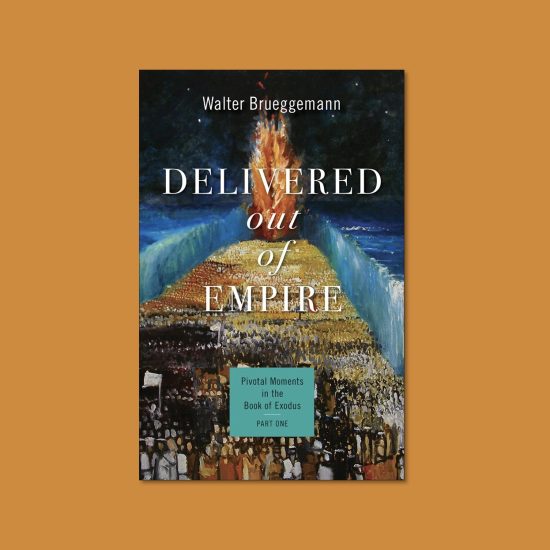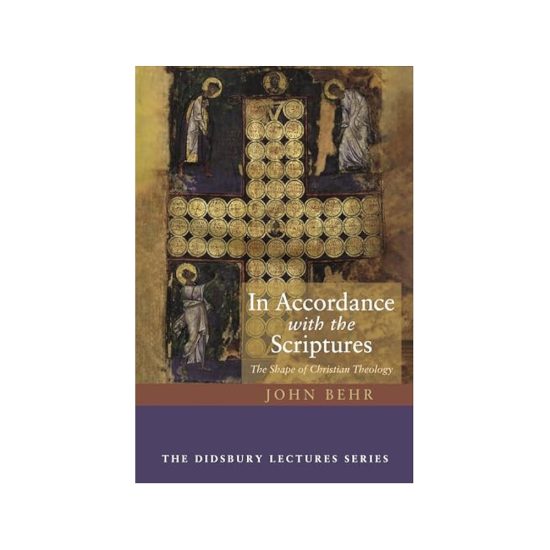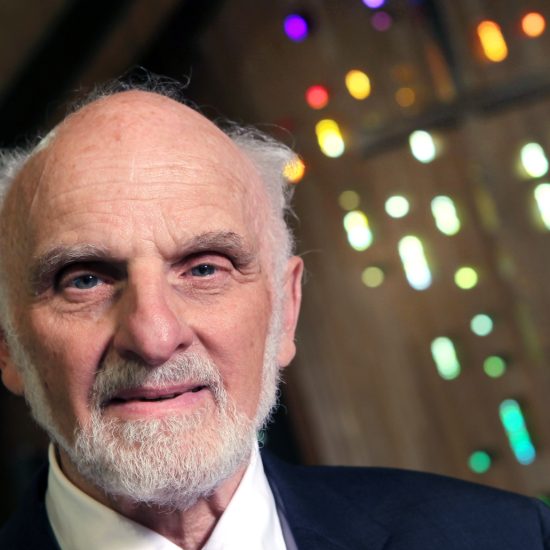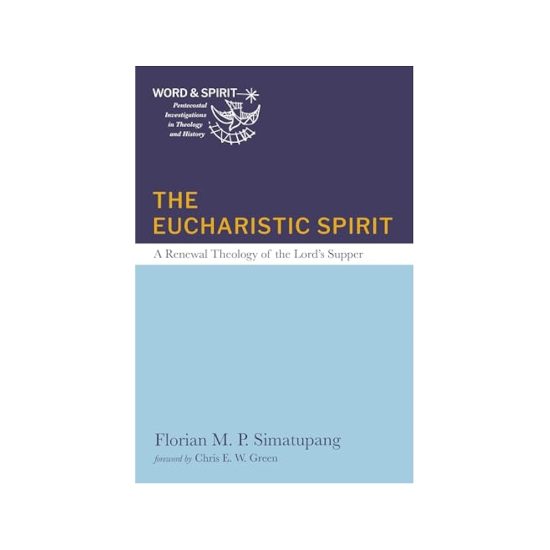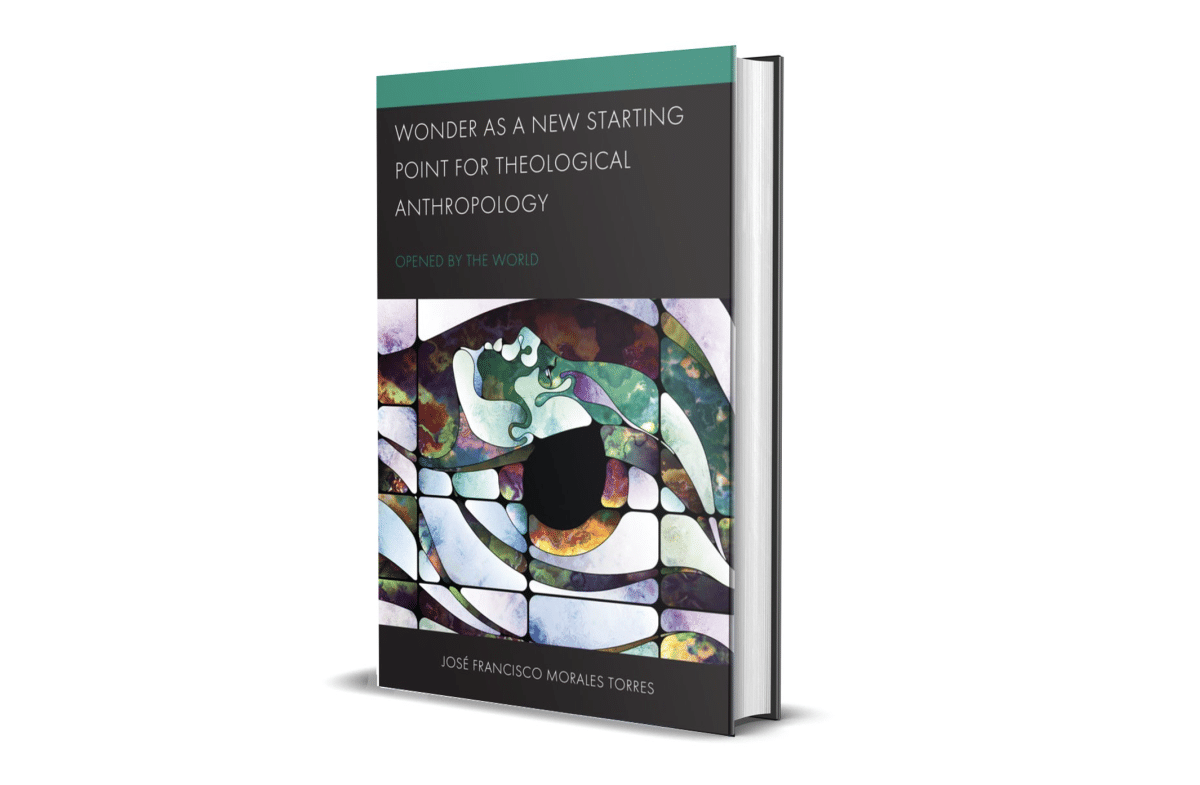
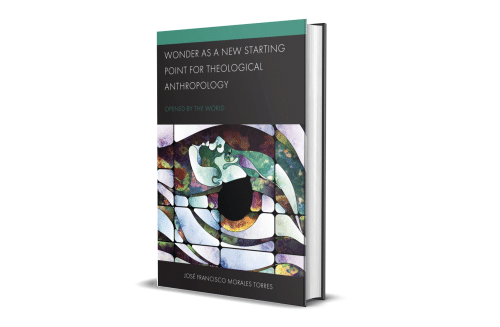
WONDER AS A NEW STARTING POINT FOR THEOLOGICAL ANTHROPOLOGY: Opened by the World (Postcolonial and Decolonial Studies in Religion and Society). By José Francisco Morales Torres. Lanham, MD: Lexington Books, 2023.
The idea that wonder could serve as the starting point for doing theology caught my attention. Awe-inspiring spaces can lead to theological reflection, even if we don’t call it that. It might be a mountain (I grew up in the shadow of Mount Shasta, California, and to this day I remain captivated by its beauty and majesty) or the ocean, or the vastness of space. These kinds of encounters can create within us a sense of wonder. So, is this what José Morales Torres has in mind when he speaks of wonder being a new starting point for doing theological anthropology?

Robert D. Cornwall
The book under review, Wonder as a New Starting Point for Theological Anthropology, is a revision of Morales Torres’s doctoral dissertation undertaken at Claremont School of Theology. Therefore, this book is directed at a specific audience, a scholarly audience that shares a basic scholarly foundation with the author. So, while I might qualify as an academic theologian, having as I do, a Ph.D. in historical theology, Morales explores areas of philosophy and theology that lay beyond my own expertise. His book is rooted in the philosophical categories of phenomenology and metaphysics. So, I will confess upfront that I’m not the primary audience of this book. Nevertheless, there is much in this book that is intriguing, starting with the premise that wonder can be a starting point for exploring theological anthropology. My hope, as I’ll share as I move through the review, is that Morales will continue working with this idea and making it accessible to a wider audience.
The author is a personal friend and ministry colleague. Morales is an ordained Disciples of Christ minister, having served as pastor and regional minister within the Disciples of Christ denomination. He holds a Ph.D. in Comparative Theology from Claremont School of Theology and currently serves as an Assistant Professor of Latinx Studies and Religion at Chicago Theological Seminary.
The book’s subtitle is key: Opened by the World. Playing a central role in the book is Morales’ thesis that wonder is not something we produce or seek. Instead, it is something that captivates us and takes hold of us. As I pondered this thesis, I thought about attending Evensong in Oxford’s Christ Church Cathedral. I initially went to the service out of curiosity, but then the music and the context took hold of me, stirring within me a sense of wonder.
Morales opens the book by revealing that his study “emerges from the premise that the experience of wonder is deeply foundational to the human being.” Therefore, he posits that “if theology is to transform, it must engage and speak to the human person at the ‘basic’ level of wonder.” (p. 1). When it comes to theology, Jose affirms that God is not something we discover. Rather God is one who reveals. That brings into the equation theological anthropology, for it is to humans that God reveals God’s self. That brings into the equation wonder.
In his effort to help us understand what this new foundation for theological anthropology involves, Morales takes a deep dive into the philosophical category of phenomenology, exploring the phenomenology of wonder. He chooses this foundational philosophical position as a starting point because wonder is deeply experiential and phenomenology deals with experience. His conclusion is that wonder is “the encounter between the ‘excess-with’ of the other, that acts first, and the available openness of the self” (p. 41). While phenomenology is foundational, it is not a sufficient foundation for theological anthropology. Therefore, Morales moves next to metaphysics in Chapter 2.
Chapter 2 focuses on the “Metaphysics of Participation as the Ontological Grounding for Wonder.” In this chapter, Morales turns to comparative theology in his effort to lay a new foundation for theological anthropology. In this regard, he utilizes the work of three medieval philosophers/theologians—one Jewish, one Muslim, and one Christian. The figures engaged here are two philosophers from Andalusia — the Jewish philosopher Ibn Gabirol and the Muslim philosopher Ibn Arabi—and the definitive medieval Christian theologian — Thomas Aquinas, who was himself influenced by Jewish and Muslim figures from Andalusia. Taken together, these three philosophers/theologians offer us an ontological grounding for understanding wonder as participation in Being.
While each theologian has his own approach, Morales believes that each of them offers elements of value for the development of this new grounding for theological anthropology. What he discovers is that central to all three figures is this idea of “transcendental excess” or divine generosity. He suggests that “Generosity has two features which speak to wonder: gift and excess.” (p. 96). Yes, wonder is a gift that makes life enjoyable. It is an expression of God’s goodness. It is something that captivates us from outside ourselves, as we are being opened by the world to something wonderful. This is a lengthy chapter that defies summation. Thus, let it be noted that while this chapter, like the first chapter, is dense and at times difficult to fully understand, it offers a vision that demands further exploration.
The first two chapters of the book are intended to be foundational. They lay the groundwork for what Morales seeks to do with this book, and that is to develop the idea that a sense of wonder can be the foundation for theological anthropology. He develops this idea further in chapters 3 and 4. Before we get to those chapters, Morales offers the reader an “Interlude on Generosity.” That is, he offers us a “Trinitarian Reflection on the Holy Spirit as ‘Giver of Life'” This brief interlude reflects Morales’ own theology, as he and I have discussed through the years. Though brief, this interlude offers a strong trinitarian foundation for what is to come. It is a foundation that reflects the role of the Holy Spirit in creating wonder within us. Of course, the focus is on generosity, and how generosity reflects God’s Being, which is for Christians trinitarian in nature.
Morales addresses here the question of whether creation is a necessary act of God or an expression of God’s generosity. He sides with the latter and envisions creation as an expression of the excess of God’s grace. That is, “wonder is an ‘excessive’ gift from the Giver of life who is this giving and receiving dynamic and who imbues all creation with the ‘aptitude’ for such an excessive experience” (p. 127). This interlude deserves to be expanded into a larger effort as the question of whether creation is a necessary expression of God’s existence is currently being debated.
This idea of divine generosity drives the remainder of the book. Chapter 3 addresses the question of whether wonder involves being opened to the world or opened by the world. Morales Torres writes that “the capacity for order is a responsive reaching out that is at the core of human being (in response to being grasped by the O/other), and that reaching out is infinite.” Further, wonder is indispensable to framing a theological account of anthropology. It’s not a luxury that can be dispensed with. Rather “wonder is part and parcel of a world saturated ‘by the generous sap of God'” (p. 132). As for faith, it is a form of wonder that is rooted in being grasped by the Other, that is by God. Wonder is broader in scope, in that other things (like Mount Shasta) can captivate us, but faith is a response to being captivated by God. Perhaps that is why faith seeks understanding and not the other way around.
The final chapter (Chapter 4) focuses on the “Ethics of Wonder and Generosity.” In other words, Morales believes that theological anthropology rooted in wonder should lead from being captivated by God’s generosity to ethics. To get there he first defines sin as “making myself” and “taking-by-force.” He offers this discussion of sin as an antidote to any sense that this vision of theological anthropology involves “idealized notions of the pristine life rapt in wondrous awe.” In other words, we live in the real world where sin is present both personally (making myself) and structurally (taking by force). Thus, he recognizes the “dialectical tension” between the goodness of creation and the hope of the consummation with the reality of sin, fallenness, and injustice. This is an eschatological vision of already here and not yet. With this understanding in mind, we can receive the word that the world is a gift of God that requires a response on our part that involves an ethics of sustainability, solidarity, vulnerability, and liberation. Liberation includes liturgy, because the two together predispose us to joy by opening us up to the other — both to God and to our neighbor.
In his conclusion to Wonder as a New Starting Point for Theological Anthropology, Morales notes that what he offers here is not a complete theological anthropology. There is more work to be done, perhaps by him or by others, but he offers it as a starting point for future development. As a reader, who recognizes that this is an academic treatise written for a particular set of scholars — primarily the scholars who made up his doctoral committee — it needs to be reiterated that Morales did not write this book with a broader audience in mind. However, the premise of this book is very intriguing and worthy of being developed in a way that a broader audience can take hold of its message. Therefore, I would hope that Morales will spend time further developing the concept with this broader audience in mind. That is because I believe he is on to something here with this idea that wonder can be a starting point for doing theology.
Since a lot of current theological conversation seems to be centered around theodicy, which can lead to reductive visions of God, such that we look for ways of getting God off the hook for the presence of evil in the world, these efforts often leave us without much about this God that is captivating us. There are few wonder-producing dimensions to this vision of God, but Morales’ trinitarian vision of a God whose act of creation is one of generosity is captivating, and thus is quite attractive to me. That he draws on representatives from the three Abrahamic traditions to get there is even more compelling.
What is needed then is for José Morales Torres to take the message of Wonder as a New Starting Point for Theological Anthropology and translate it into more accessible theological language that would appeal to a broader audience, especially theologically trained clergy who can then interact with it and share it more broadly. Additionally, since this is the production of an academic press, it may not be affordable for many readers (you may need to order it from interlibrary loan). Nevertheless, as they say, there is something here that can be preached. We may need more accessible language to get there, but in the meantime, we have this important study of the role of wonder as a foundation for theological anthropology!
This review originally appeared on BobCornwall.com.
Robert D. Cornwall is an ordained minister in the Christian Church (Disciples of Christ). Now retired from his ministry at Central Woodward Christian Church (Disciples of Christ) of Troy, Michigan, he serves as Minister-at-Large in Troy. He holds a Ph.D. in Historical Theology from Fuller Theological Seminary and is the author of numerous books including his latest “Second Thoughts about the Second Coming: Understanding the End Times, Our Future, and Christian Hope” coauthored with Ronald J. Allen. His blog Ponderings on a Faith Journey can be found at www.bobcornwall.com.

